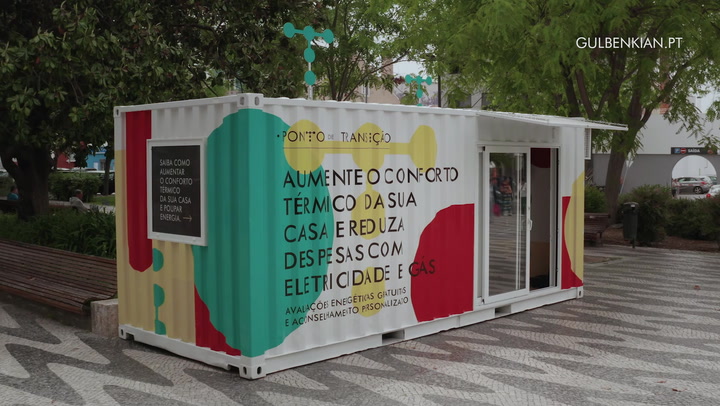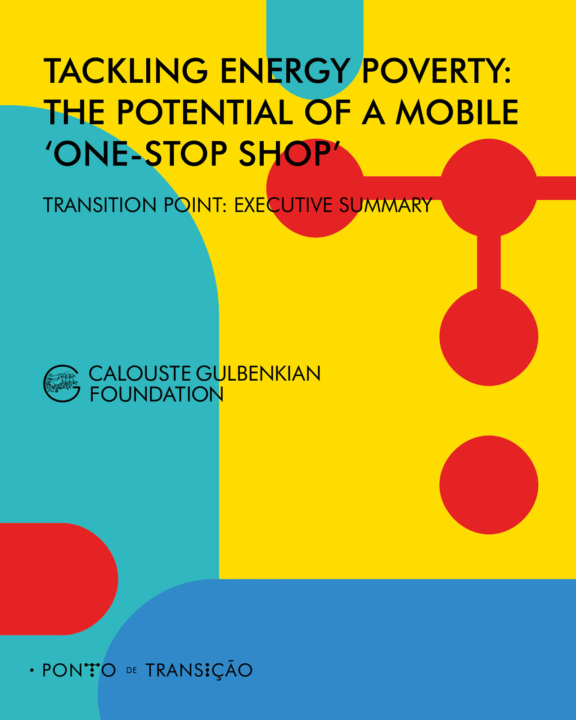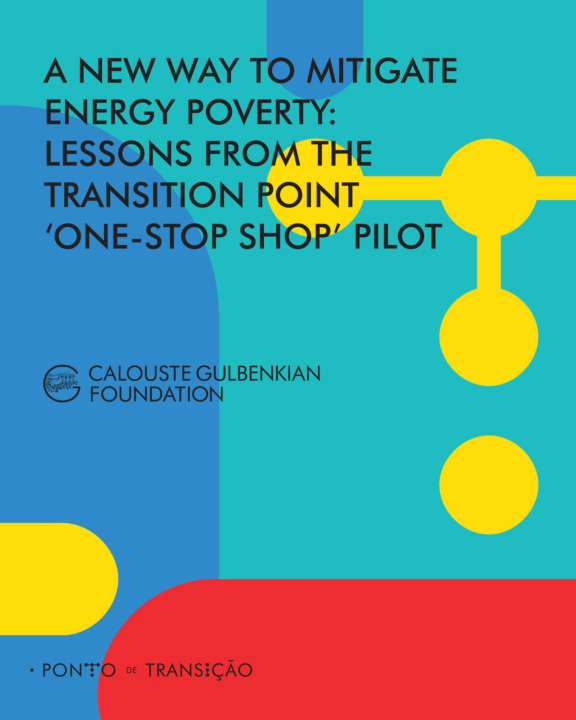

Transition Point
A new approach to fighting energy poverty
Transition Point modelled an innovative local response to help alleviate energy poverty with a ‘one-stop shop’ of support for communities
Energy poverty is an issue seen across Europe and is a particularly serious problem in Portugal. Families facing risk of energy poverty need localised support and direct outreach to avoid being left behind in the transition to a more sustainable future.
Against this backdrop, the Calouste Gulbenkian Foundation launched the Transition Point initiative in 2022 to test an innovative model for supporting families in improving the energy performance of their homes, and helping communities to cope with the effects of the climate and energy crises and deal with the rising cost of living. The project aimed to catalyse change in the energy ecosystem.
Operating from a renovated shipping container, the pilot project provided a face-to-face service – a ‘one-stop shop’ – in the district of Setúbal in Portugal. Qualified experts offered various services to the local population, including advice on electricity and gas bills, information on financing for home energy renovation, free home energy assessments, and supporting completing applications for funding. The container could be moved between municipalities, depending on needs.
The Transition Point pilot was developed through the knowledge and experience of several partners. It was implemented between 2022 and 2023 in partnership with ENA – Energy and Environment Agency of Arrábida, CENSE – Center for Research in Environment and Sustainability (FCT-NOVA) and RNAE – Association of Energy and Environment Agencies (National Network), with the collaboration of the Setúbal City Council, Palmela City Council, Sesimbra City Council and the Parish Councils of the respective municipalities.
Results and key lessons
Transition Point highlighted the benefits of ‘one-stop shops’ and the importance of localised solutions in the fight against energy poverty.
The project’s impact report highlighted four key lessons that can be applied in other contexts:
The impact report provides practical recommendations that can be applied by other initiatives working to support hard-to-reach or more vulnerable communities with energy issues.
Resources
The Transition Point one-stop shop model has since been identified as an example of best practice in the Portuguese government’s National Long-Term Strategy to Combat Energy Poverty 2023-2050.
In 2024, the pilot project is already being replicated in other regions, with investment from the private sector and funding from the European Commission.
Inability or difficulty to maintain housing with an adequate level of essential energy services (e.g. electricity and gas supply), due to a combination of various factors such as low incomes, poor home energy performance and high energy costs, among others.
People who live in dwellings without thermal comfort: too cold in the winter or too hot in the summer, with leaks, damp or indoor air quality problems. The elderly and children are among the demographic groups who are most affected. Energy poverty has serious repercussions on physical and mental health.
Portugal is one of the countries with the highest levels of energy poverty in the European Union – between 1.9 and 3 million Portuguese are affected. The country also has one of the highest rates of excess winter mortality in the region, which is directly linked to the poor quality of Portuguese housing. More than two thirds of homes nationwide have been classed as energy inefficient by the Building Certification System.
INDICATORS
The Calouste Gulbenkian Foundation was responsible for designing, funding and managing the Transition Point pilot project.
Today, the Foundation continues to promote effective approaches to combatting energy poverty and is integrating lessons from Transition Point into its Sustainability programme. The programme supports the participation of citizens and others in climate and ocean action in Portugal and the UK, and shares what works nationally and internationally.
Partners
Energy and Environment Agency of Arrábida: responsible for the implementation and operationalization of the project on the ground.
ENA is a non-profit association made up of public and private entities and citizens, created in 2006 by the municipalities of Setúbal, Palmela and Sesimbra, under the Intelligent Energy Europe Program. It promotes energy efficiency, sustainability and good environmental practices in the Territory of Arrábida in order to make the transition to Sustainable Development in areas such as: PLANNING (Electric Mobility Plan, Local Climate Change Adaptation Plans and Sustainable Energy and Climate Action Plans under the Covenant of Mayors); CIRCULAR ECONOMY (recycling of food oil used for biodiesel production); CAPACITY BUILDING (of cities in the design of roadmaps for climate neutrality and through tools to support decision-making in relation to energy efficiency in public buildings); AWARENESS (community involvement in behavioral change through pedagogical tools); and TECHNICAL AREA (support in energy management, in the design of energy-efficient infrastructures, audits and implementation of energy management systems).
Responsible for the scientific monitoring of the project.
CENSE is a center of interdisciplinary excellence and advanced education in sustainability, being inserted in the NOVA School of Science and Technology of NOVA University of Lisbon. The activities carried out at CENSE follow five fundamental principles: working for a sustainable future; interdisciplinary research; methodological pluralism; freedom of investigation; promoting a scientific approach linked to society. CENSE explores new paths for the construction of a sustainable society in the areas of ecological economy and environmental management; energy and climate; bioresources and green technologies, computing for sustainability and water sanitation and sustainable waste recovery. As a scientifically recognized center, it integrates international and national networks and produces knowledge that informs multi-scale policy decisions, promoting the co-creation of solutions with society. Since 2016, it has been promoting research and support to local energy poverty entities, currently part of the EU Energy Poverty Advisory HUB coordination team.
Responsible for identifying programs and funding instruments applicable to the target audience of the project.
RNAE is a private, non-profit association created in 2010, whose main objective is to promote the participation of the 21 Energy and Environment Agencies existing in Portugal in wide-ranging projects, as well as to develop partnerships in the following areas of intervention: Energy Efficiency, Renewable Energies, Alternative Fuels, Sustainable Mobility, Waste Recovery, Climate Change and Combating Energy Poverty. The geographical area covered by RNAE is coincident with that of the Energy and Environment Agencies (about 66% of the municipalities of Portugal), noting that of the 308 municipalities in Portugal, 203 are covered by Energy and Environment Agencies.
The main areas of operation of RNAE are in agreement with those of the Energy and Environment Agencies (municipal and regional, which voluntarily decided to join this cooperation network), namely, the promotion of the rational use of energy and the use of renewable energy sources, the development of projects and activities with a view to the use of renewable energies, the protection and valorization of the environment and the dynamic of training, awareness and training actions of various local agents in these themes.
Contribution of the Transition Point to sustainable development goals (SDGS)
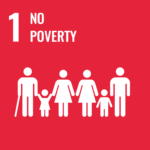
SDG 1
No Poverty
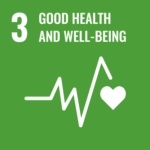
SDG 3
Good Health and Well-being
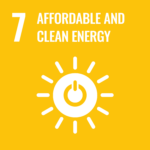
SDG 7
Affordable and Clean Energy
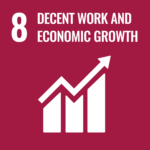
SDG 8
Decent Work and Economic Growth
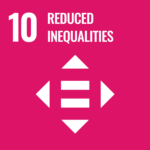
SDG 10
Reduced Inequalities
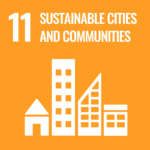
SDG 11
Sustainable Cities and Communities
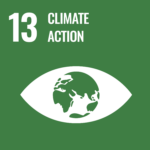
SDG 13
Climate Action
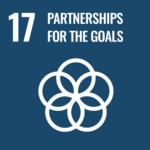
SDG 17
Partnerships for the Goals
Partners

